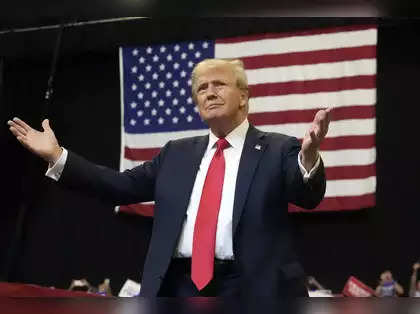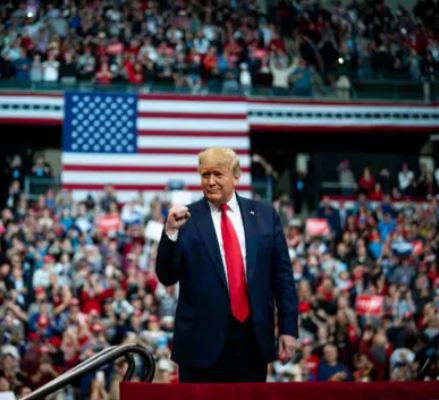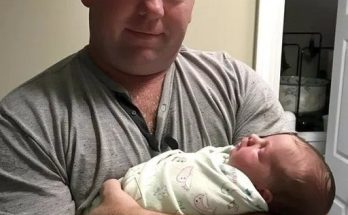Donald Trump, the former president and current GOP candidate, has recently come under fire for the locations of his rallies, with critics suggesting a concerning pattern. Over the past few months, Trump’s rallies have been held in towns identified as “Sundown towns”—a term dating back to the segregation era, referring to communities that were predominantly white and hostile to Black residents after dark.

An article titled “Donald Trump Faces Backlash Over Rally Locations” has brought this issue to the forefront, with social media users pointing out the unsettling implications of these choices.
The controversy intensified when Trump made a questionable remark at a rally, referring to GOP Representative Byron Donalds, who is Black, by saying, “that one is smart… you have Smart Ones and some that aren’t quite so good.” This comment, along with his recent rally locations, has led many to accuse Trump of subtle racism.
The term “Sundown towns” carries a heavy historical weight, referring to places that were explicitly or implicitly off-limits to Black people after dark through discriminatory laws, intimidation, or violence. Despite the end of segregation, many of these towns remain predominantly white, and their racist histories continue to impact their demographics.
The issue gained traction after a viral TikTok video highlighted the locations of Trump’s recent rallies, including Howell, Michigan; La Crosse, Wisconsin; and Johnstown, Pennsylvania. The video creator expressed concern over the former president’s decision to hold rallies in these specific areas, describing it as a “Sundown Town tour.”
Many believe this choice is far from coincidental, citing previous instances where Trump held rallies in similarly controversial locations. For example, in 2021, Trump held a rally in Cullman, Alabama—another town with a history as a Sundown town. Critics argue that these choices reflect a deliberate attempt to rally his base by appealing to the racist sentiments that still linger in these communities.
Journalists and commentators have taken to social media to express their outrage, with some suggesting that this pattern is a calculated move by Trump’s campaign. Joyce Vance, a former U.S. attorney in Alabama, noted the troubling implications of these rallies, suggesting that Trump’s choice of locations is more than just a coincidence.

In stark contrast, Vice President Kamala Harris has been leading a “Freedom Bus Tour” focusing on reproductive rights and healthcare, highlighting the divergent paths of the two political figures. While Harris looks to the future, advocating for equality and justice, Trump’s actions seem to evoke a troubling past, leaving many to question his motives.
As the 2024 election season heats up, the debate over Trump’s rally locations is likely to continue, with both sides of the political spectrum weighing in on what this pattern truly signifies. Whether intentional or not, the choice of Sundown towns as rally sites has undeniably struck a nerve, stirring discussions about race, history, and the direction of the country.



